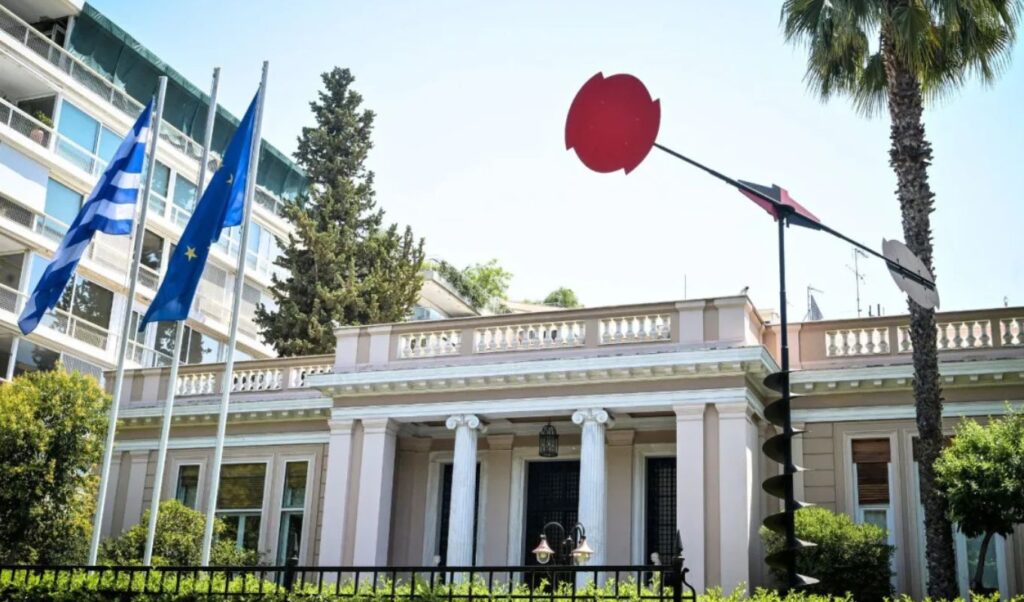The government is seeking ways to overcome the crisis in OPEKEPE and Hellenic Post and move forward, proceeding with very delicate balancing exercises. Yesterday, Tuesday, the revised Action Plan was submitted to the Commission, a critical development for payments to thousands of farmers. “There is a preliminary understanding and I believe -of course I am not speaking on behalf of the EU- that we will move forward without disruptions,” was the assessment expressed by Deputy Prime Minister Kostis Hatzidakis.
“Once the Action Plan 2 proposal is approved, something that will not happen tonight, but after three, four, five days, OPEKEPE’s plan is to pay the basic lease by the end of the month, which is 500 to 600 million euros and, if possible, to also pay the support from Measure 23 which is another 178 million euros,” said Agriculture and Food Minister Kostas Tsiaras, speaking to Parliament’s Investigative Committee.
New Democracy sources note that in cooperation with the European Commission, the formulation of the Action Plan was completed, with 45 initial points, which subsequently increased to 54 compliance points, to ensure that the Organization will not lose its European certification. The main concern for the region is that resources are not lost and that payments to farmers and livestock breeders proceed as soon as possible.
Government insists on Hellenic Post plan – There will be information and dialogue
The other issue concerns the closure of Hellenic Post stores, which the government appears determined to pursue, despite the related uproar caused even within the “blue” Parliamentary Group and which has not yet subsided after the resignation of Hellenic Post CEO Grigoris Sklikas. “If this plan is not implemented, I estimate that in a short period of time, liquidity and the ability to pay wages to employees will be at risk,” warns the now former head of Hellenic Post in his resignation letter, with numerous ND MPs expressing objections and reservations about this plan.
The first phase of the plan is already being implemented with the closure of stores in urban centers, while information and dialogue will follow in the coming period both about the rationale behind the closures and about how Hellenic Post customers will be served going forward where there is no physical store.
In the second phase, probably with the new year, the closure of most of the 204 stores will be completed, as decided by Hellenic Post management. In the meantime, the company will have to implement “smart” solutions, such as telephone appointments between citizens and postal workers and the creation of agencies in bookstores and small shops in provincial towns and villages.
All these issues were discussed in an emergency meeting held on Tuesday morning at the Maximos Mansion under Kyriakos Mitsotakis, without the participation of Mr. Sklikas, who a little later submitted his resignation to the Superfund management. At Maximos they blame him for very poor management, both in terms of communication and partly operationally, but they consider the reform of Hellenic Post necessary.
Government spokesman Pavlos Marinakis, who then undertook to explain the framework within which things will proceed going forward, emphasized that dialogue and consultation with society, political parties and MPs will continue, however the subject of discussion is not whether the stores will close. “It is what can be done in each local community so that no fellow citizen is left without service, exactly as had been foreseen from the beginning,” emphasized Mr. Marinakis, who assured that “no fellow citizen, no pensioner, no one who deals with Hellenic Post will be left without service. At points where it has been decided to close stores, either service points contracted with Hellenic Post will operate, exactly as the legislation provides, or -within the framework of European legislation- there will also be dialogue with local government to cover some gaps.”




